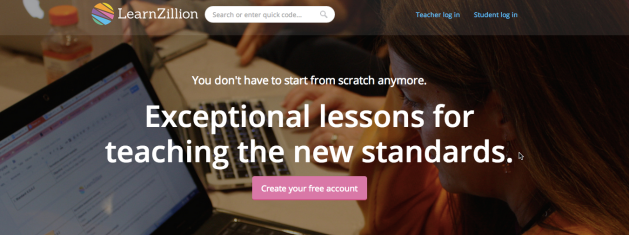flickr photo by martinak15 http://flickr.com/photos/martinaphotography/6352142190 shared under a Creative Commons (BY) license
From the Hechinger Report, a new Op-Ed by Stanford Professor Jo Boaler:
“It’s time to debunk the myths about who is good in math, and Common Core state standards move us toward this worthy goal. Mathematics and technology leaders support the standards because they are rooted in the new brain and learning sciences.
All children are different in their thinking, strength and interests. Mathematics classes of the past decade have valued one type of math learner, one who can memorize well and calculate fast.
Yet data from the 13 million students who took PISA tests showed that the lowest achieving students worldwide were those who used a memorization strategy – those who thought of math as a set of methods to remember and who approached math by trying to memorize steps. The highest achieving students were those who thought of math as a set of connected, big ideas.
The U.S. has more memorizers than most other countries in the world. Perhaps not surprisingly as math teachers, driven by narrow state standards and tests, have valued those students over all others, communicating to many other students along the way – often girls – that they do not belong in math class.
The fact that we have valued one type of learner and given others the idea they cannot do math is part of the reason for the widespread math failure and dislike in the U.S.
Brain science tells us that the students who are better memorizers do not have more math “ability” or potential but we continue to value the faster memorizers over those who think slowly, deeply and creatively – the students we need for our scientific and technological future. The past decade has produced a generation of students who are procedurally competent but cannot think their way out of a box. This is a problem.”
Read the entire piece here.





